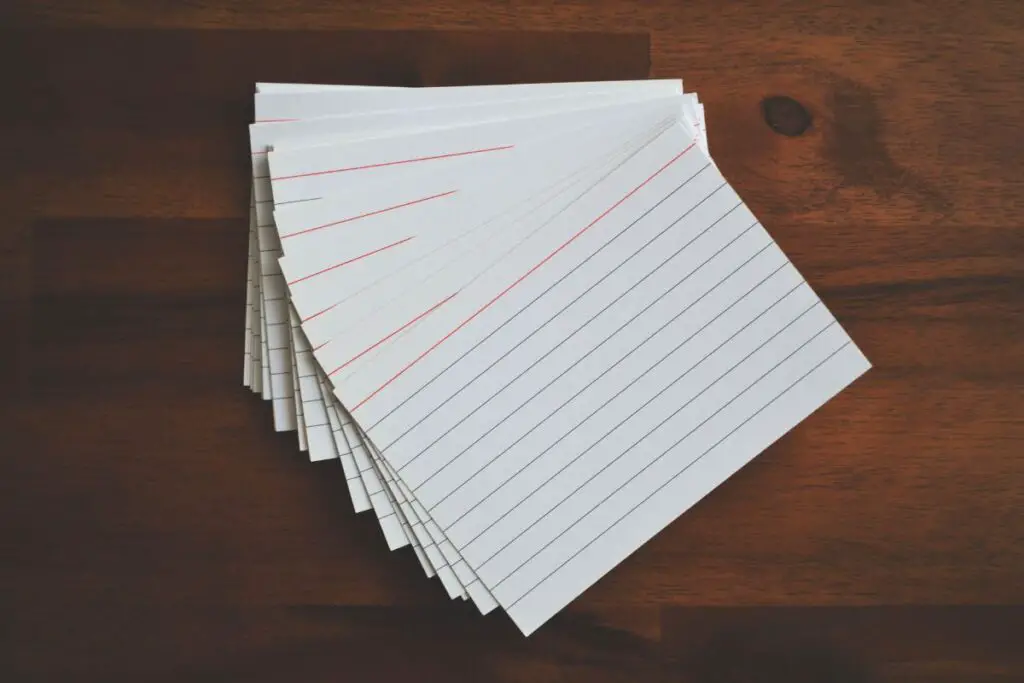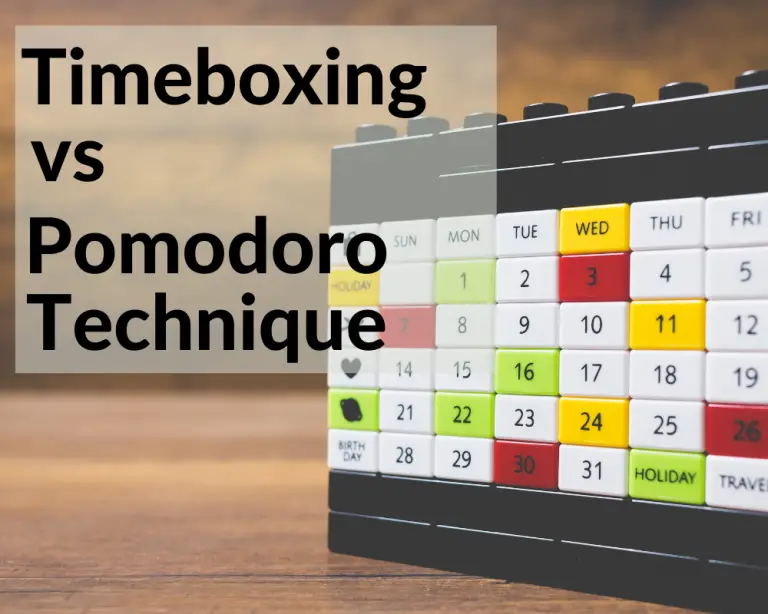The 7 Best Techniques for Retaining What You Read
This post is sponsored by Shortform
It can be challenging to remember what you read. It can be particularly difficult to retain information from non-fiction books. However, there are several techniques that can help make the task easier. This guide will show you the five best techniques for remembering what you read efficiently.
Optimize Your Reading Environment

One of the first things you can do to help your brain retain information is to read in optimal conditions. Make sure you’re in a comfortable spot with good lighting. You should also try to minimize distractions. Turn off your phone and any other electronics that might take your attention away from the task at hand. If you can, find a quiet place to read where you won’t be interrupted.
Take Notes While Reading

One way to better remember what you read is to take notes while you are reading. This can be done by writing down key points or by drawing diagrams or mind maps of the concept you are trying to learn or retain. This will help to solidify the information in your mind and make it easier to recall later on.
Use a Book Summary Service as a Tool to Retain Core Concepts and Insights
Some people find that using a book summary service is helpful for remembering what they read. A book summary service will provide a brief overview of a book, including the main points and arguments made by the author. This can be helpful for people who want to get a quick overview of a book before purchasing.
Just make sure that you use a summary service as a supplement to reading the book and not as a replacement. The purpose of these services is to enhance your understanding of the content, not to replace it.
When picking a summary service, it is essential that the service provide additional services besides summarizing the book. This is why I am a huge fan of Shortform. Not only does Shortform provide an executive summary of the book, but they also provide key takeaways, analysis, and even related books for further reading.
One of the great things I like about Shortform is that it provides additional insights and analogous information that expand on the core concepts of the book. This is really helpful when trying to remember what you read as it provides more ways to internalize and complete the concept the author is conveying.
For more information on Shortform and to get a FIVE DAY FREE TRIAL and 20% discount on an annual subscription, click the link below:
Shortform – Way More than Book Summaries
Use Flashcards

Another way to remember what you read is to use flashcards. This technique is often used by students who are preparing for exams but can also be used to help retain information from non-fiction books. On one side of the card, write down a key concept or point from the book. On the other side, write down an explanation or definition. Then, test yourself by trying to recall the information.
Audiobook and/or Physical Book

One way to improve your ability to remember what you read is to listen to audiobooks. Listening to an audiobook can help you better understand and remember the material in the book. There have been studies that show some improvements to retain when people read while listening (RWL) In this scenario, the reader is both reading and listening to the same content.
If you are going to listen to an audiobook either as the primary method of consuming the book or as a supplement, make sure that the audiobook has chapter breaks and is narrated in a voice that is clear to understand and pleasing to listen to for an extended period of time.
Use Active Recall and Spaced Repetition for Key Concepts
Active recall is a technique where you test yourself on the material you want to remember. This can be done by creating flashcards or simply testing yourself on key concepts. By testing yourself, you force your brain to access the information which will help to solidify it in your memory.
You can also use active recall in combination with other techniques like spaced repetition. Spaced repetition is a technique where you gradually increase the intervals between review sessions. For example, you might review material every day for the first week and then every other day for the second week. This technique has been shown to be particularly effective for retaining information over the long term.
Create a Reading Group

One way to improve your ability to remember what you read is to discuss the material with others. This can be done by joining a reading group or by participating in online forums or communities related to the book you are reading. By discussing the material with others, you will be able to better understand and remember the key concepts.
Summary
Optimizing your reading environment, taking notes while reading, and using a book summary service are all great techniques for remembering what you read. Active recall and spaced repetition as great techniques that can reinforce core concepts you are attempting to master. By using one or more of these methods, you can increase your chances of retaining the information you read!







